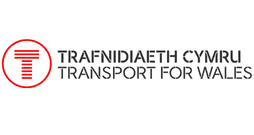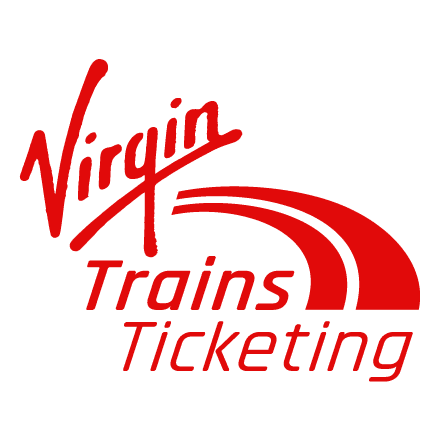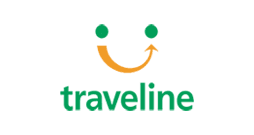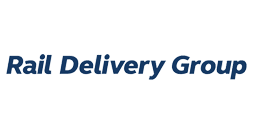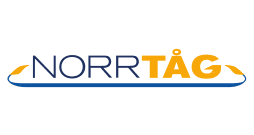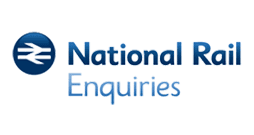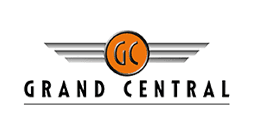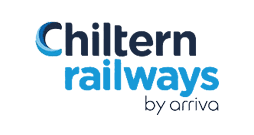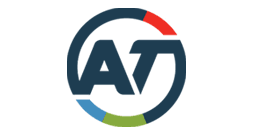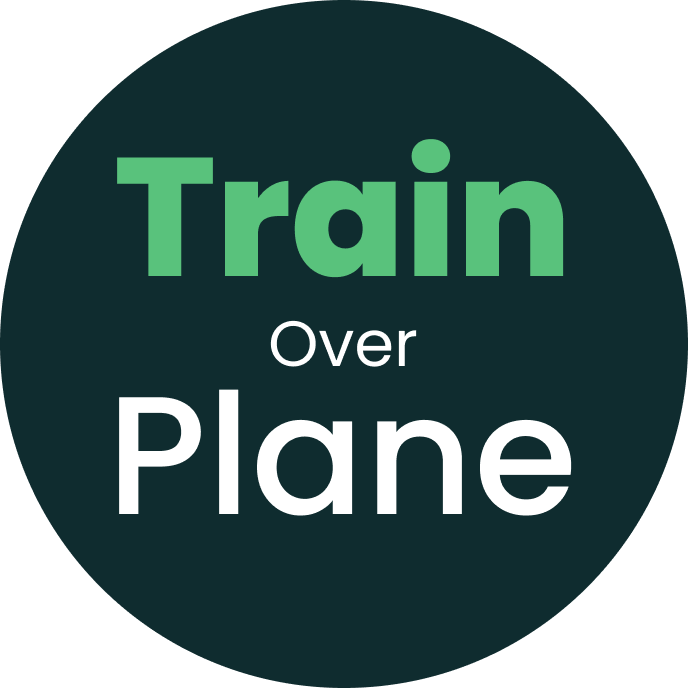


Impact of High-Speed Rail In Europe
Every day, over 600 planes fill Europe’s skies on routes that could be serviced by existing High-Speed Rail (HSR) networks.
The billion-euro question is why? Why do travellers continue to take planes and what role can HSR play in changing the way people move and building a greener planet?










After identifying a positive relationship between introducing HSR alternatives for major European flight routes, increasing competition on these rail routes, and a growing number of passengers choosing trains over planes, we wanted to quantify the potential impact of HSR in Europe from both an economic and environmental perspective.
So, let’s start by understanding the market size of European air travel and asking whether rail can take a slice of the pie.
The Opportunity
European aviation is huge. In 2018, air transport supported €914 billion in European economic activity — 4.4% of the continent’s combined GDP.
However, growing concern over the environmental cost of flying casts a dark shadow over the industry. We must find greener alternatives to get travelers from A to B.
€914 billion
Market size of European aviation
On average, rail is six times more carbon efficient than air travel.
So, if we can create traveler experiences on Europe’s HSR networks that compete with air travel, the opportunity for European rail is enormous.
Taking the Eurostar from London to Paris instead of flying reduces carbon emissions by up to
90%.










The Challenge
The sheer size of European aviation can be intimidating. Air travel remains the preferred option for millions of travelers every year and, unfortunately, old habits die hard.
Despite the green credentials of rail, planes are perceived to do a better job than trains in three critical areas:
Affordability
In the UK, train fares on popular routes are 50% more expensive than plane fares despite rail journeys emitting 80% less CO2.
Time of Travel
Most travellers will choose the option that gets them to their destination in the shortest possible time.
Quality of Experience
A report on traveller priorities found reliability, seat availability, cleanliness, and communication to be key influencers when choosing their preferred mode of travel.
So, the real challenge for European rail is finding ways to get people from A to B quickly, cost-effectively, and reliably.
The Solution
In 2023, there are more than 28 major European flight routes that could be served by existing HSR networks. In most cases, door-to-door journey times for these faster rail routes are on par with planes.
After analyzing a selection of these HSR routes, we found that those that welcomed multiple carriers experienced a dramatic plane → train modal shift. It appears that a combination of reduced journey times and increased carrier competition (i.e. driving down costs and improving customer service) is encouraging travellers to choose trains over planes.
For example, the 2.5h Madrid → Barcelona HSR route saw rail’s share increase from 48% → 73%.
When new carriers were added, increased competition on the 3h Milan → Rome HSR route increased rail’s share from 58% → 80%.
Liberalizing the 4h London → Edinburgh HSR route increased rail’s share from 35% → 63%.
On average, increased competition on these 3 high-speed European routes has sparked a 50% modal shift from planes → trains.
Explore routes on the interactive map below.

2.5h
3h
4h
Madrid → Barcelona
Data sourced from Dr. Andrea Giuricin at GBTA's inaugural Sustainability Summit, held in Brussels in November 2022.
2.5 hours, 506 km
52 trains / day
Rail’s share vs. air
12% with no HSR
48% with HSR
73% with HSR + new rail carriers

If we apply this 50% modal shift to all routes which are also covered by HSR, the estimated annual increase in revenue from ticket sales is €1 Billion and CO2e emissions would reduce by over 2.4 million tonnes.
View our calculations here.
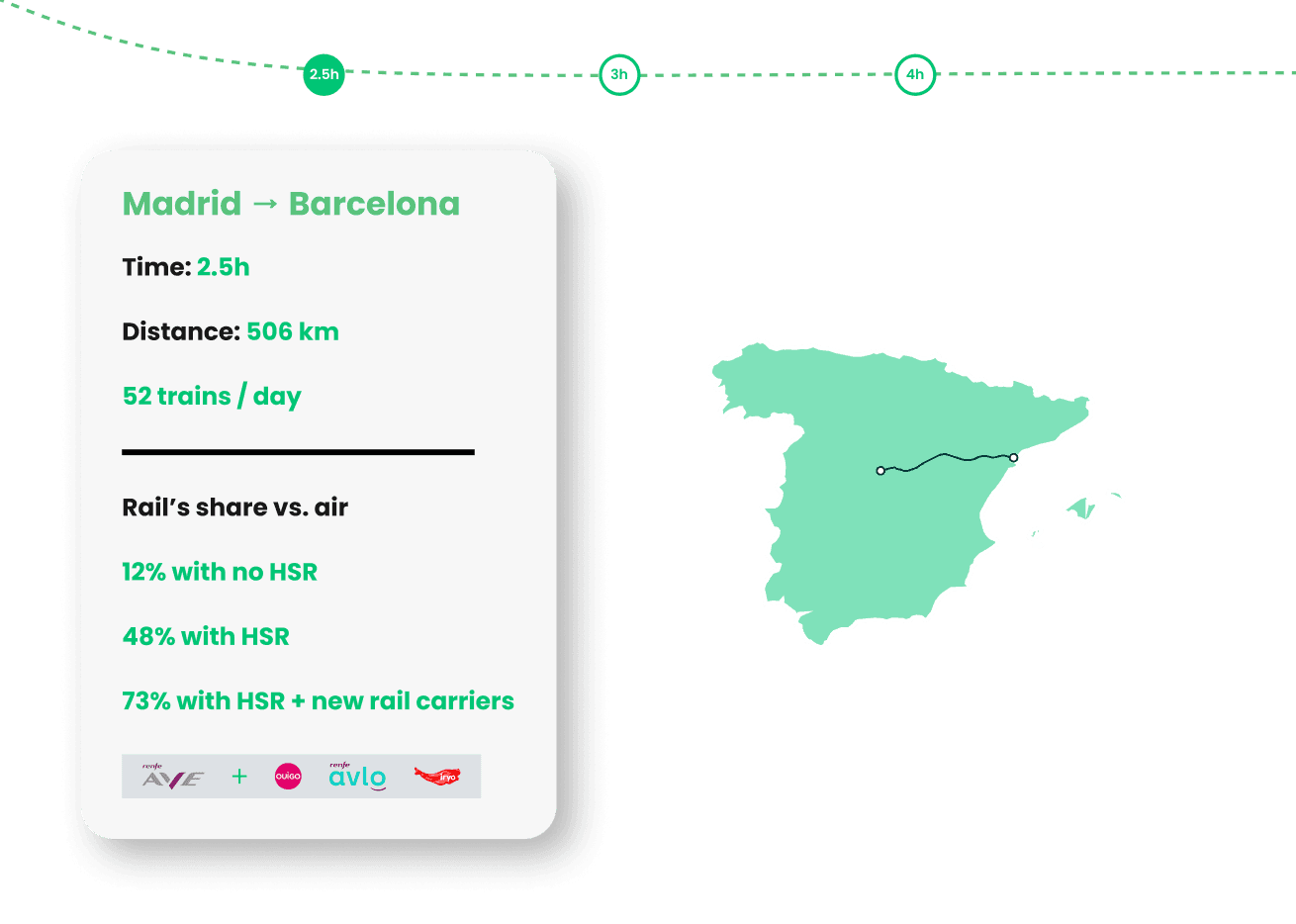
Share With a Friend
Add the Train Over Plane Interactive Map to Your Website
Need to sell rail easily?
At SilverRail, we’re on a mission to make rail easy for travellers, carriers and agencies.
We develop technology to help rail operators and travel agencies transform how they serve customers and run their business.
Add your details below to learn more about our green rail solutions and visions for the future of travel

